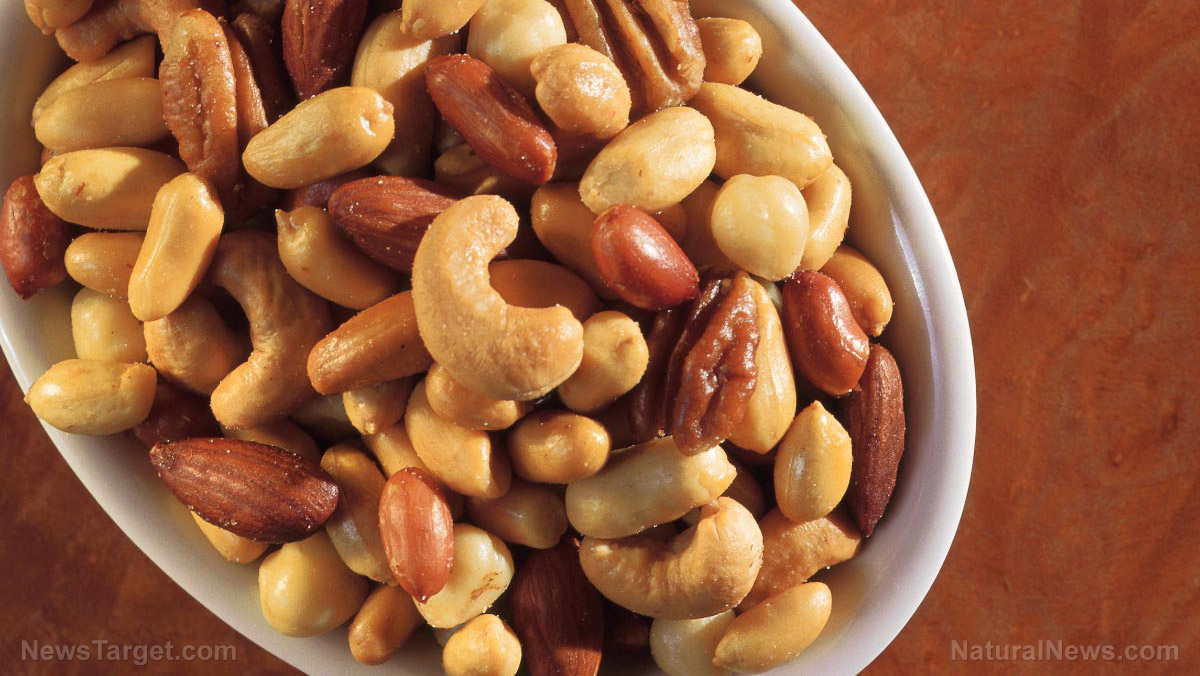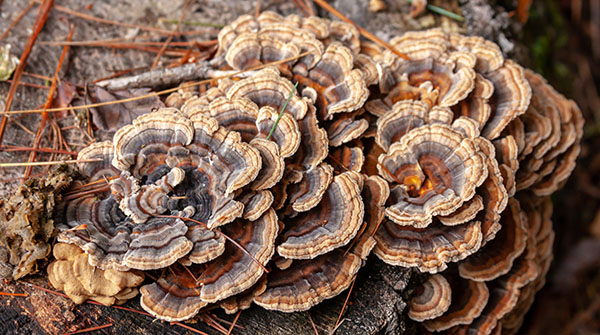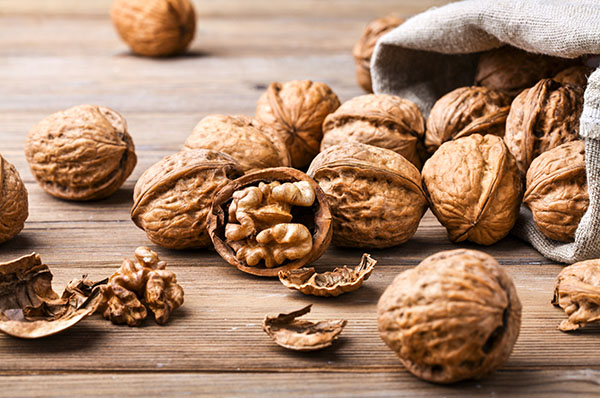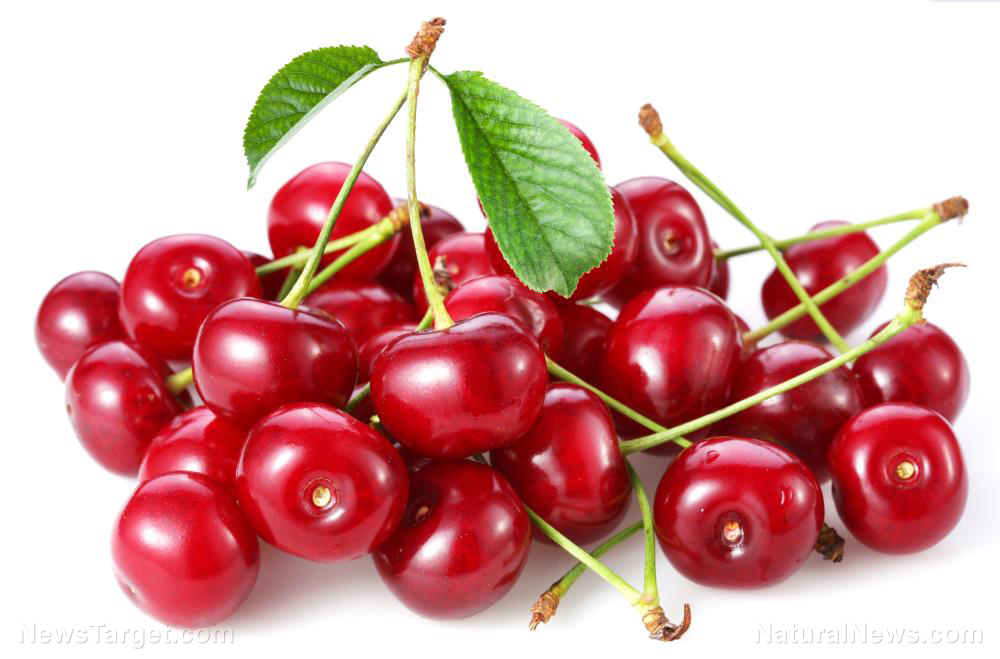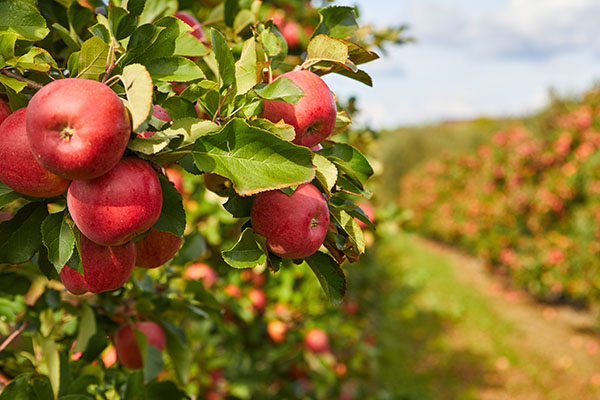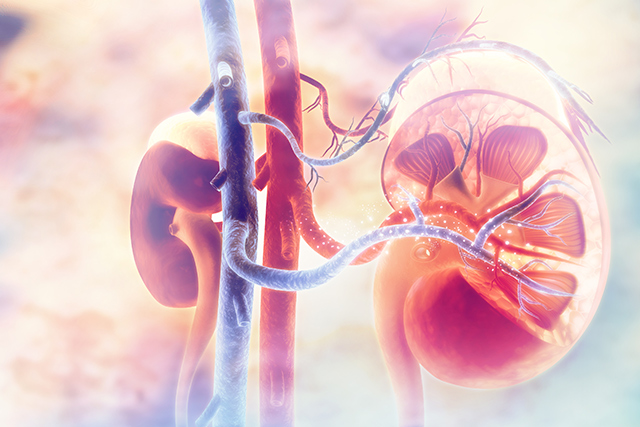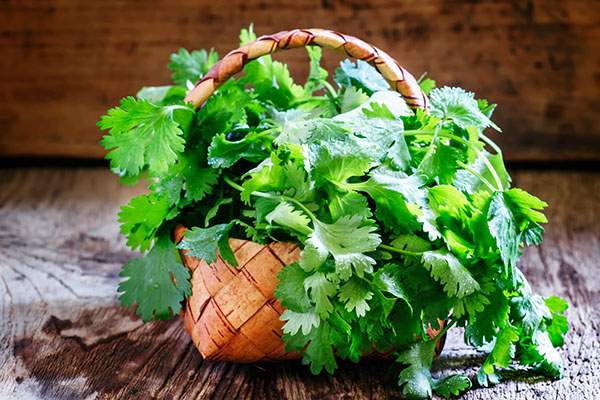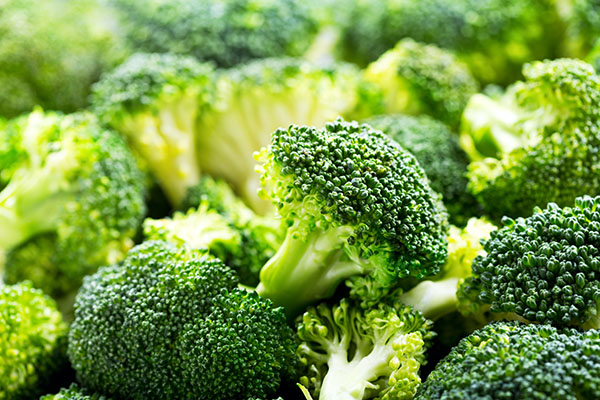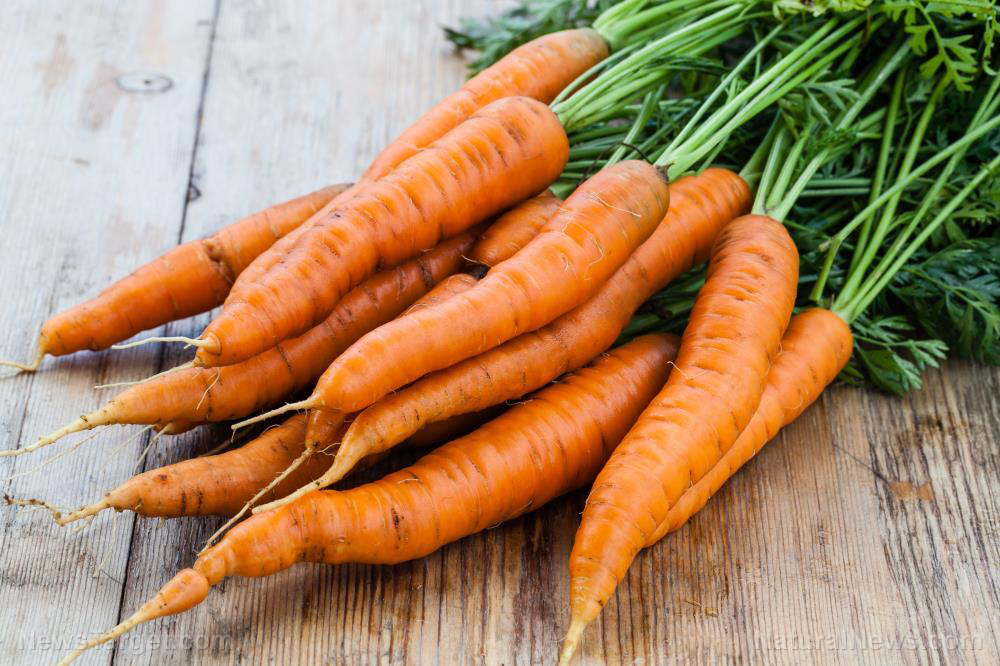Enjoy a cuppa! Drinking tea daily found to boost brain health among the elderly
07/30/2020 / By Divina Ramirez
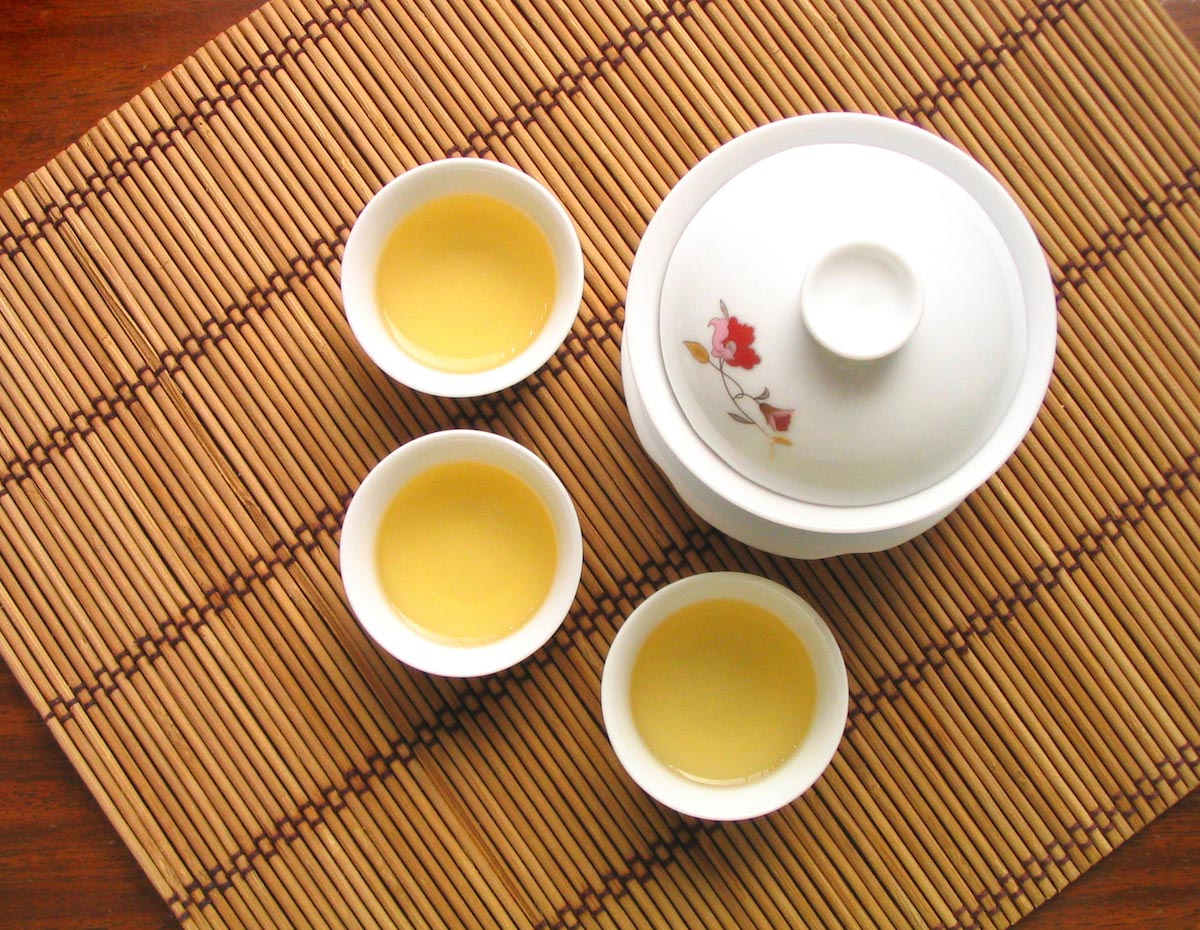
Tea is one of the most healthful drinks around the globe. Rich in essential nutrients and beneficial plant compounds, tea confers a host of health benefits, from a faster metabolism to a reduced risk of heart conditions. But there might be one more good reason to drink tea.
In an article published in the journal Aging, scientists from the National University of Singapore (NUS) and the University of Cambridge demonstrated for the first time that habitual tea drinkers had better-connected brain regions than non-tea drinkers.
The scientists studied three dozen older adults and three different kinds of tea, including green, black and oolong. Lead author Feng Lei from the NUS said that their results suggest drinking tea on a regular basis can protect against age-related decline in brain organization.
The role of tea on brain organization
Past studies found that tea has beneficial effects on the brain. But for the most part, these studies focused on changes limited to particular brain regions. With this in mind, the research team sought to understand the potential effects of tea on interregional brain connections.
In particular, they hypothesized that habitual tea drinking can lead to better brain organization. To test this hypothesis, they recruited 36 adults aged at least 60 years and gathered data about their health, lifestyle habits and mental health status.
The team also conducted neurophysiological tests on the participants and quizzed them about their tea consumption habits. In addition, the team took magnetic resonance imaging (MRI) scans of the participants’ brains.
Upon analysis of all the gathered data combined, the scientists found that participants who drank green tea, black tea or oolong tea at least four times a week for the last 25 years displayed better-organized connections between brain regions.
Lei likens brain regions to destinations and the connections among the regions to roads. He explained that better-organized roads make for more efficient transport that takes less time and resources.
In the same vein, better-structured brain regions give rise to more efficient brain functions and stronger neural connections, Lei adds. (Related: Brain fitness: Keep these 10 tips in mind.)
This could mean, therefore, that drinking tea on a regular basis can protect the brain from age-related decline, as this tends to affect brain functions. In effect, tea might also help minimize the risk of neurological disorders in later life.
Habitual tea consumption can slash the risk of dementia
This isn’t the first time that Lei and his colleagues found brain-boosting benefits from drinking tea. In 2017, Lei and his team studied the effects of regular tea consumption on the brains of older adults.
Their longitudinal study involved seniors aged at least 55 years. The team found that drinking tea on a regular basis reduces the risk of cognitive decline by up to 50 percent among the healthy participants.
On the other hand, habitual tea consumption led to an 86 percent reduction in dementia risk among those predisposed to the condition due to genetic risk factors. Lei and his team also noted that the neuroprotective effects of tea are not limited to a particular tea.
Lei and his team attributed these effects to the beneficial plant compounds in tea, including catechins, theaflavins, thearubigins and L-theanine. These compounds are part of a larger group of bioactive plant compounds called polyphenols.
Hailed for their antioxidant potential, polyphenols have been extensively studied for their protective effects on a number of important organs, including the brain, the heart and the skin.
In particular, it is thought that polyphenols can protect the brain from neurodegeneration and cellular damage due to free radicals and other harmful biological agents. Therefore, consuming foods and drinks rich in these compounds can help support brain health.
Lei and his team’s findings appeared online in The Journal of Nutrition, Health & Aging.
Read more articles about tea and other brain-boosting foods at Brain.news.
Sources include:
Submit a correction >>
Tagged Under:
This article may contain statements that reflect the opinion of the author
RECENT NEWS & ARTICLES
COPYRIGHT © 2017 SUPER FOODS NEWS


